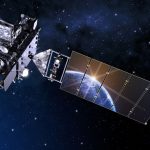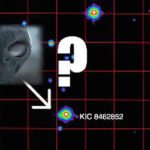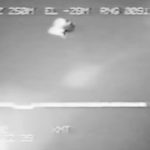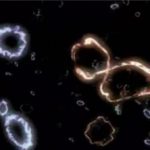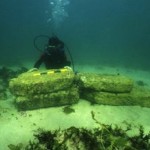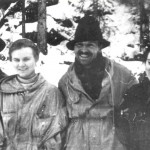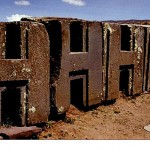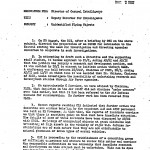Philip J. Corso (Col. Ret.)
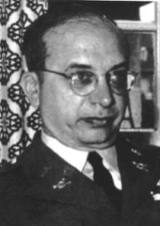
Colonel Philip J. Corso (Ret.) was a key Army intelligence officer who served on General MacArthur’s staff in Korea, and later on Dwight D. Eisenhower’s National Security Council as a lieutenant colonel. During his 21-year military career, he was honored with nineteen medals, decorations and ribbons for meritorious service. He retired from the Army in 1963, and went on to serve Senators James Eastland and Strom Thurmond as a staff member specializing in national security. Since then he worked for various private-sector business entities as a consultant and contracts administrator.
After joining the Army in 1942, Corso served in Army Intelligence in Europe, becoming chief of the US Counter Intelligence Corps in Rome. In 1945, Corso arranged for the safe passage of 10,000 Jewish World War II refugees out of Rome to the British Mandate of Palestine. He was the personal emissary to Giovanni Battista Montini at the Vatican, later Pope Paul VI, during the period when the “Nazi Rat Lines” were most active.
During the Korean War (1950–1953), Corso performed intelligence duties under General Douglas MacArthur as Chief of the Special Projects branch of the Intelligence Division, Far East Command. One of his primary duties was to keep track of enemy prisoner of war (POW) camps in North Korea. Corso was in charge of investigating the estimated number of U.S. and other United Nations POWs held at each camp and their treatment. At later hearings of the Senate Select Committee on POW/MIA Affairs, Corso provided first hand testimony, that many hundreds of American POW’s were abandoned at these camps.
In his book The Day After Roswell (co-author William J. Birnes) claims he stewarded extraterrestrial artifacts recovered from a crash near Roswell, New Mexico, in 1947.
Corso says a covert government group was assembled under the leadership of the first Director of Central Intelligence, Adm. Roscoe H. Hillenkoetter (see Majestic 12). Among its tasks was to collect all information on off-planet technology. The US administration simultaneously discounted the existence of flying saucers in the eyes of the public, Corso says.
According to Corso, the reverse engineering of these artifacts indirectly led to the development of accelerated particle beam devices, fiber optics, lasers, integrated circuit chips and Kevlar material.
In the book, Corso claims the Strategic Defense Initiative (SDI), or “Star Wars”, was meant to achieve the destructive capacity of electronic guidance systems in incoming enemy warheads, as well as the disabling of enemy spacecraft, including those of extraterrestrial origin.







